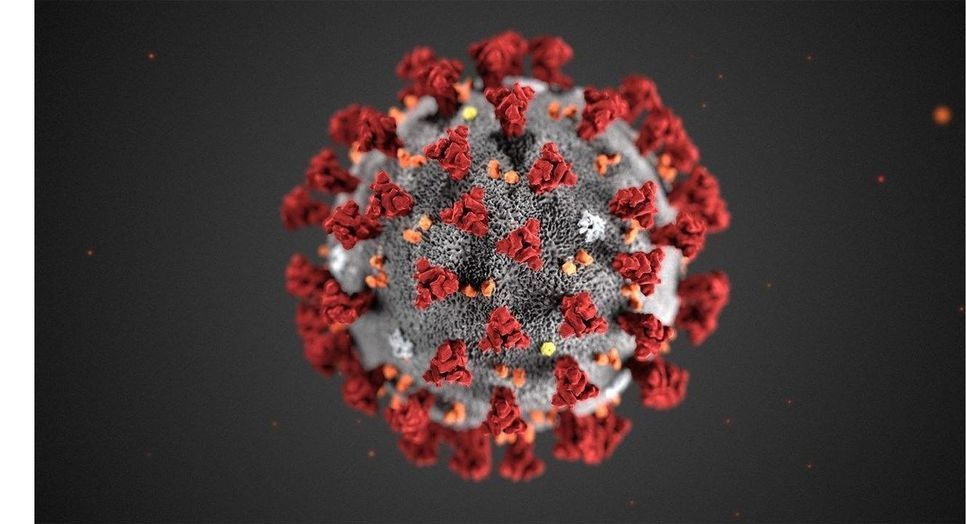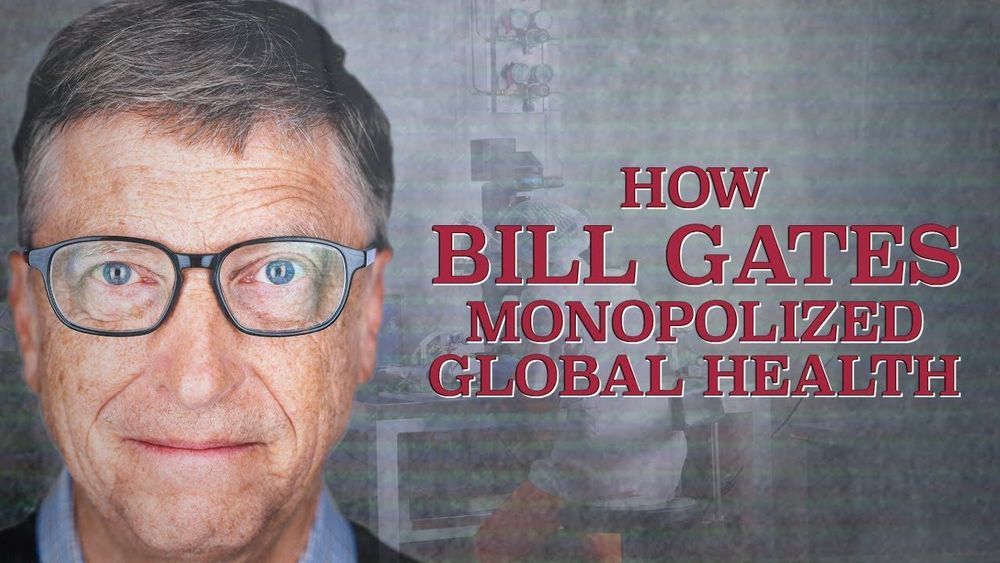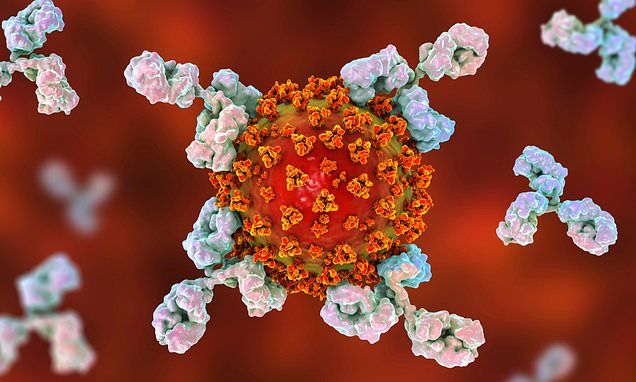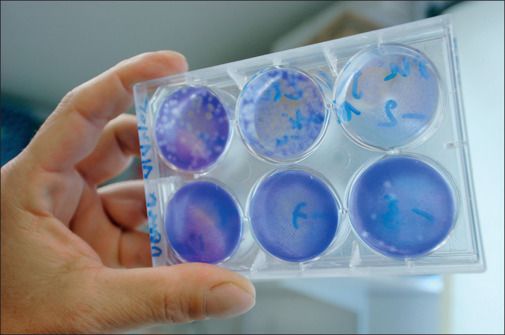May 7, 2020
The Harvard Wyss Institute’s response to COVID-19: beating back the coronavirus
Posted by Saúl Morales Rodriguéz in categories: biotech/medical, genetics, health
Diagnosing COVID-19 more quickly, easily, and broadly
With COVID-19 rapidly spreading around the planet, the efficient detection of the CoV2 virus is pivotal to isolate infected individuals as early as possible, support them in whatever way possible, and thus prevent the further uncontrolled spread of the disease. Currently, the most-performed tests are detecting snippets of the virus’ genetic material, its RNA, by amplifying them with a technique known as “polymerase chain reaction” (PCR) from nasopharyngeal swabs taken from individuals’ noses and throats.
The tests, however, have severe limitations that stand in the way of effectively deciding whether people in the wider communities are infected or not. Although PCR-based tests can detect the virus’s RNA early on in the disease, test kits are only available for a fraction of people that need to be tested, and they require trained health care workers, specialized laboratory equipment, and significant time to be performed. In addition, health care workers that are carrying out testing are especially prone to being infected by CoV2. To shorten patient-specific and community-wide response times, Wyss Institute researchers are taking different parallel approaches:
















